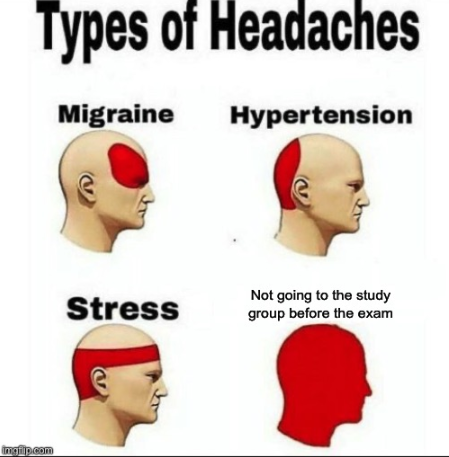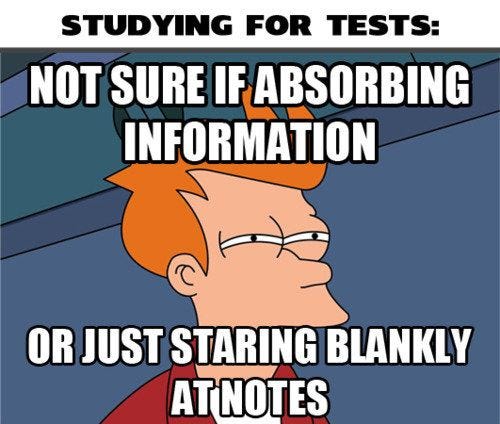By Riley Reuter
Introduction
Retaining information from lectures can be a tiring task, especially when you have multiple long lectures back-to-back. Trying to find meaning to the words presented to you via a power point can be more difficult some days than others, especially if your professor is going through the slides too fast. Finding the meaning of the information you are given and how to achieve a better understanding while you are studying for big exams is everyone’s goal in the classroom. But how exactly should one go about it? Well sometimes you need to “think outside of the box” to really connect to the information you are trying to learn. This could also be known as divergent thinking.
What is Divergent Thinking?
The term divergent thinking was coined by J.P. Guilford during the 1950s. Guilford used the term divergent thinking to describe the processes of deconstructing a topic into parts and then creating as many varied productions as possible within a short period of time 1. Divergent thinking allows one to have a variety of perspectives and allows one to have multiple pathways to answering a problem 2. Divergent thinking is also known to be one of the many ingredients of creativity 3.




